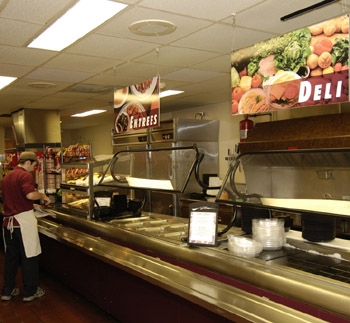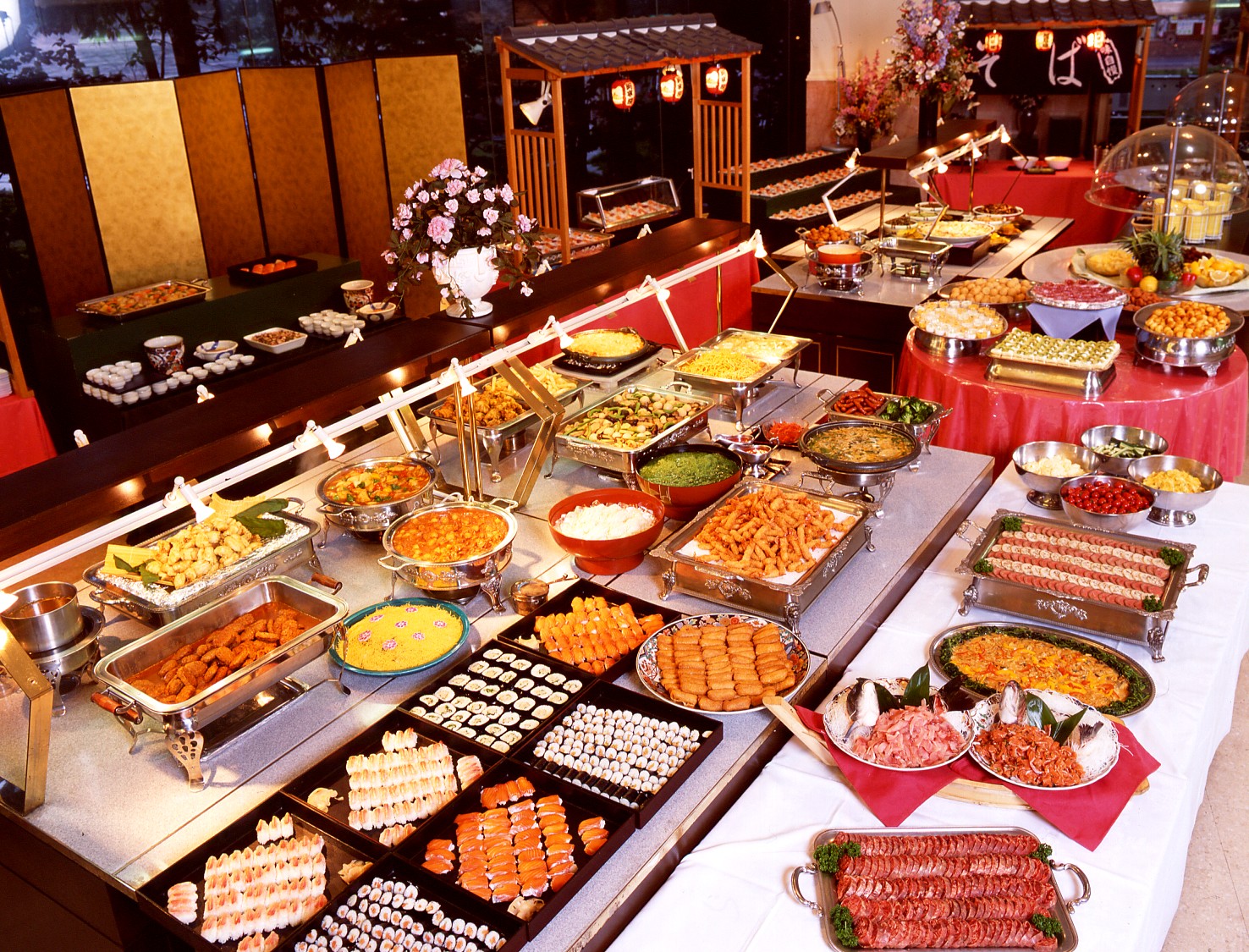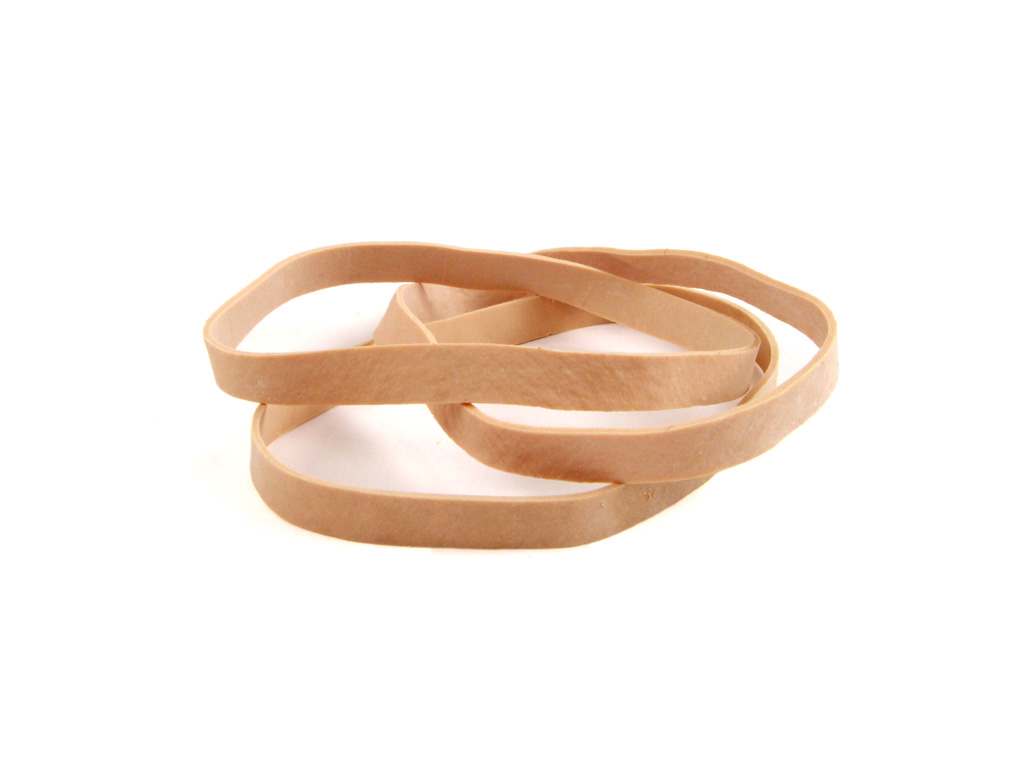The story begins the Father looking at an abyss and turning it into a home that provides everything for His children to live. Water and land, darkness and light, moon and sun, plants and animals, and then humans in his own likeness. This does not differ much from today's parents. When a mother learns that she is expecting and growing a new life, does she not start to make better and healthier choices to give the child growing in her womb the best home possible? Does the father not begin the preparations of the physical home to receive this new being into a warm and welcoming room equipped with every necessity? Do the parents not begin to think about finances and how they will be able to provide necessary care and food?
Fast forward 5 or 6 years and mom or dad have lovingly prepared a nutrious and delicious meal that they thought would be welcomed by the hungry child, only to be disappointed with, "What's this?! That's yucky!" Or the gift, so thoughtfully picked, is met with confusion or lack of appreciation. Think how disappointed we, as parents, feel in those or similar situations. Fast forward another 10 or 12 years when mom and dad are "boring" and "dumb" and they "don't understand." Does the love for our children wane in the disappointment? Do we use this as an opportunity to teach valuable lessons? Our Heavenly Father is no different.
The deep love of our Heavenly Father is a mystery to us, and we are unable to fully undestand. Think about the love you have for your own children. The loss of a child is among the most painful experiences a parent could ever endure, whether it is death or a strained relationship in adulthood. Imagine the pain and anguish of our Heavenly Father when He loses one of His own. He loves us so deeply, more deeply than we can fathom. Imagine the disappointment and anguish when we turn away from him in the same way our children turn away from us. He gently calls us back and welcomes us with open arms just was we would to our own children.

I invite you to revisit the parable of the prodigal son, Luke 15: 11-32 to hear about a Father's unconditional love for his child.
God gave us the perfect example of a loving family when Jesus came to earth through Mary's womb--Joseph, the obedient protector of the family, Mary, the obedient and loving mother and Jesus, God incarnate to demonstrate what holiness on earth looks like. Pray for the intercession of Joseph and Mary for your own family. Pray to Jesus to help continue in your personal spiritual journey of holiness and to be a model to your own children.
The Holy Family Prayer
JESUS, Son of God and Son of Mary, bless our family.
Graciously inspire in us the unity, peace, and mutual love that you found in
your own family in the little town of Nazareth
MARY, Mother of Jesus and our Mother, nourish our family
with your faith and your love. Keep us close to your Son, Jesus, in all our
sorrows and joys.
JOSEPH, Foster-father to Jesus, guardian and spouse of
Mary, keep our family safe from harm. Help us in all times of discouragement or
anxiety.
HOLY
FAMILY OF NAZARETH


 smorgasbord...
smorgasbord... 

